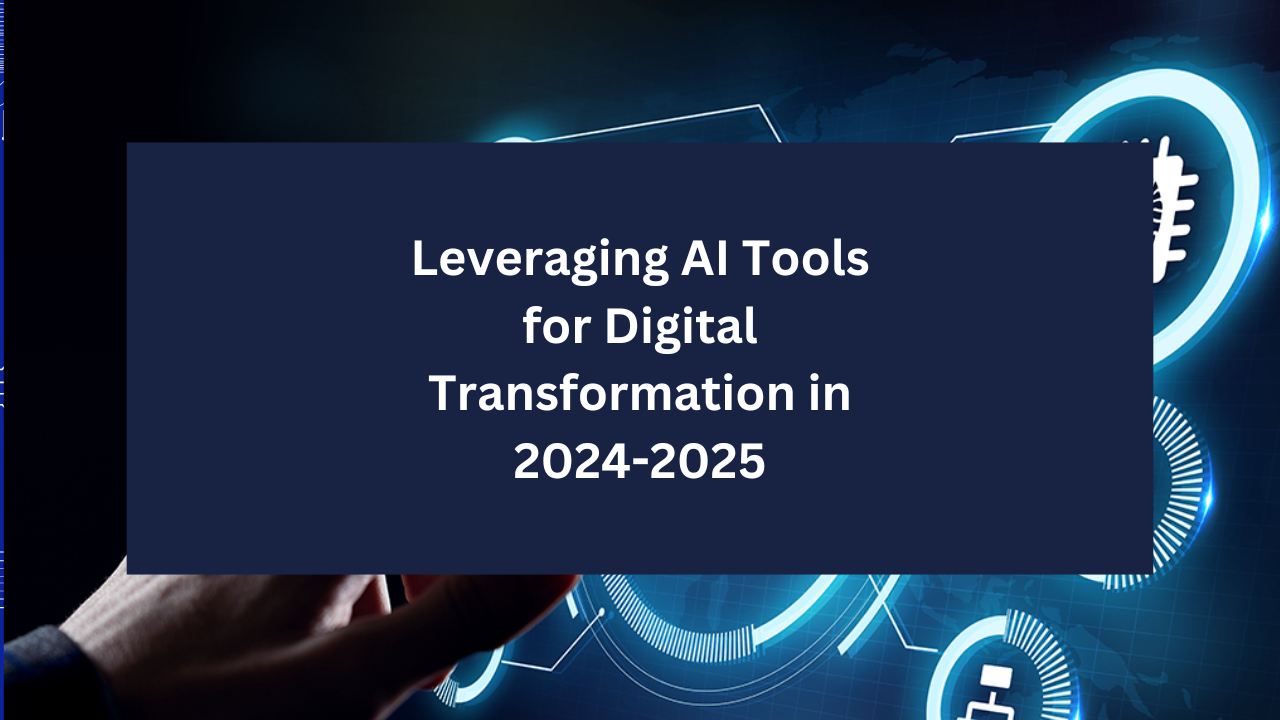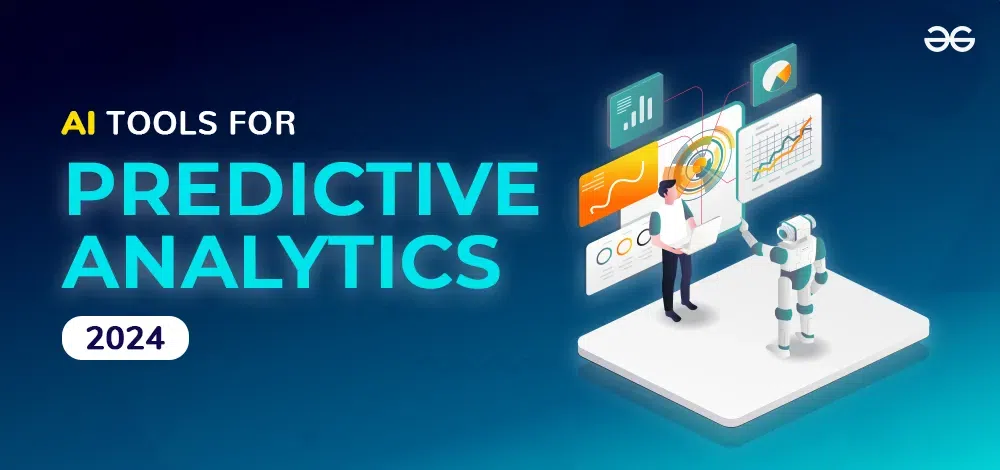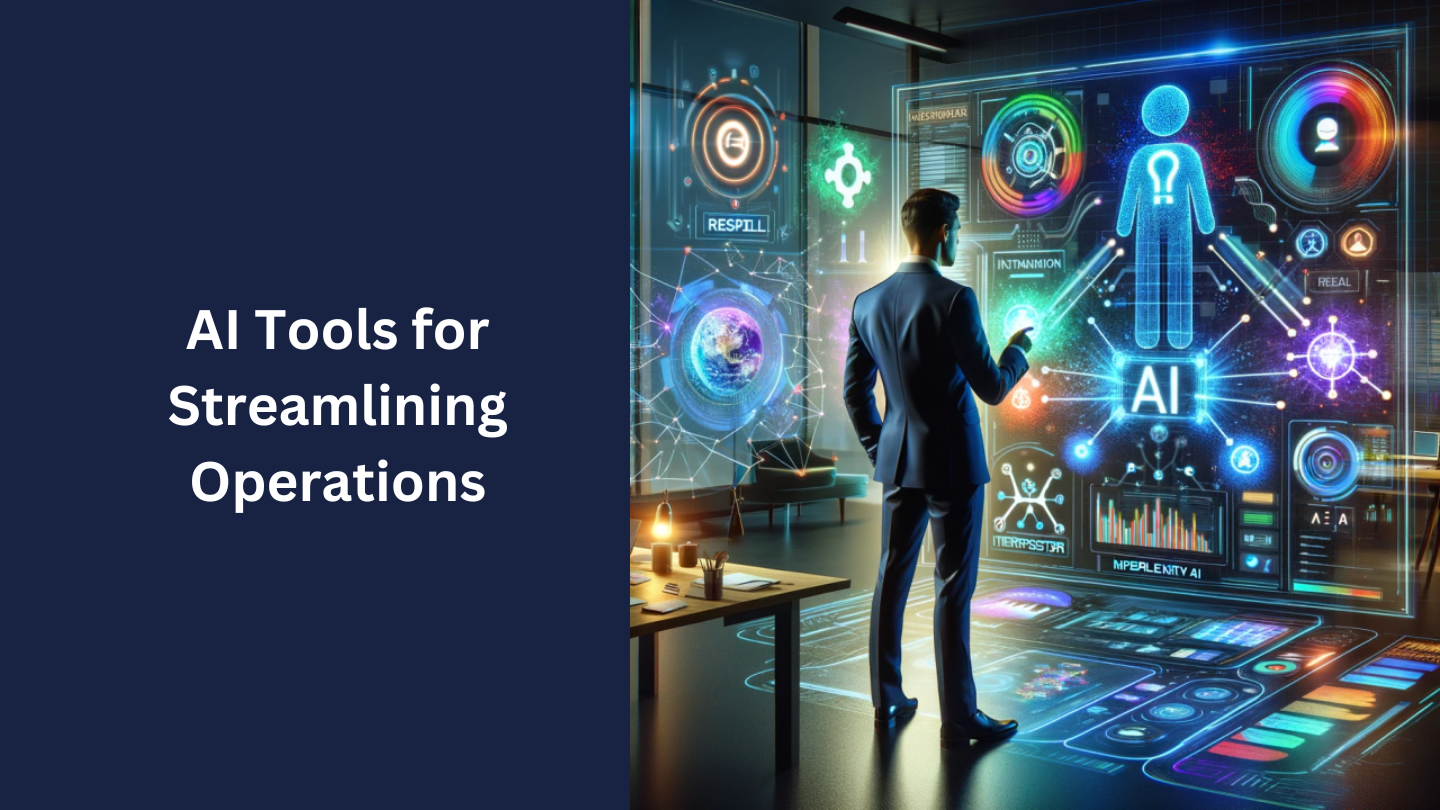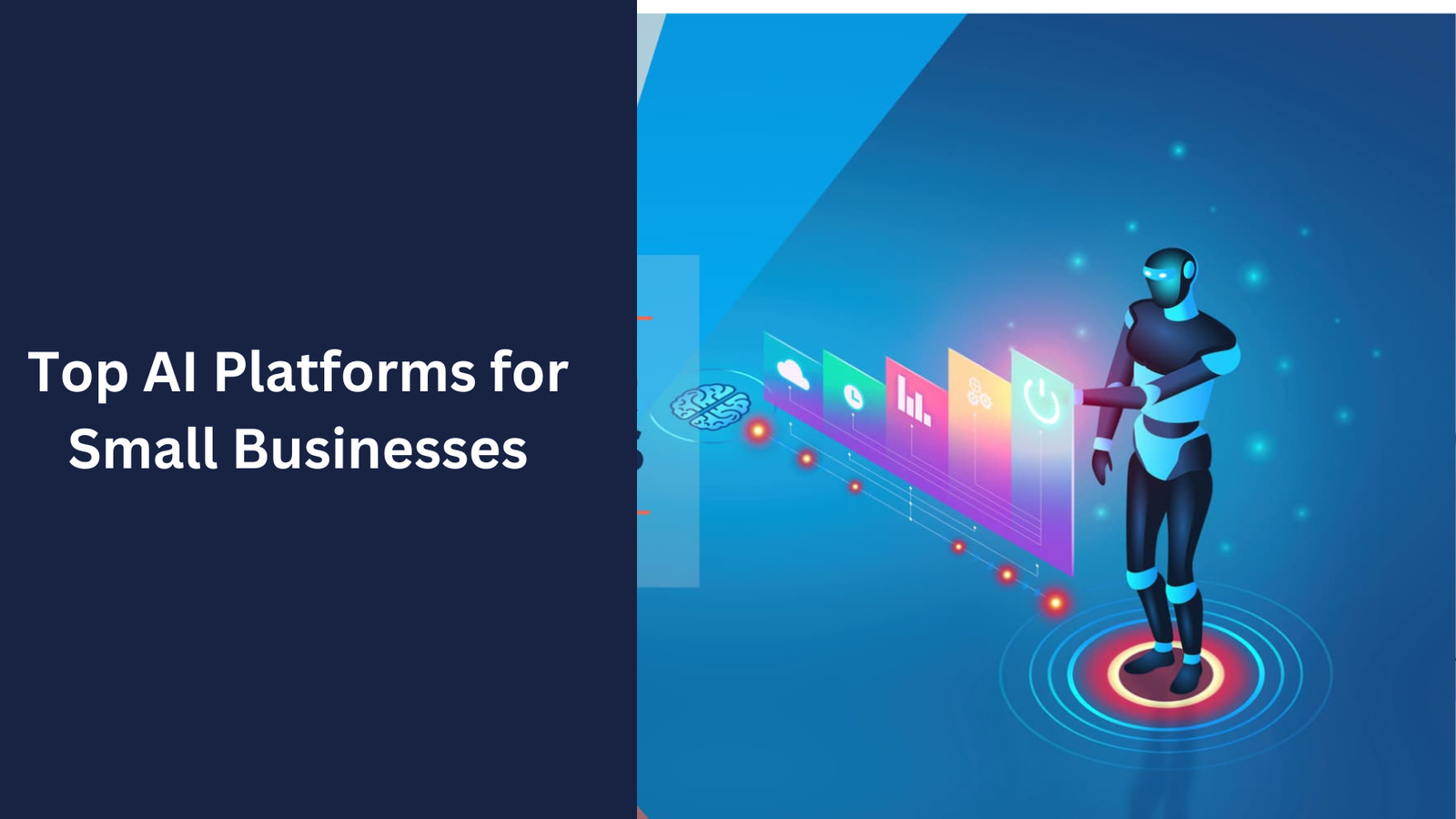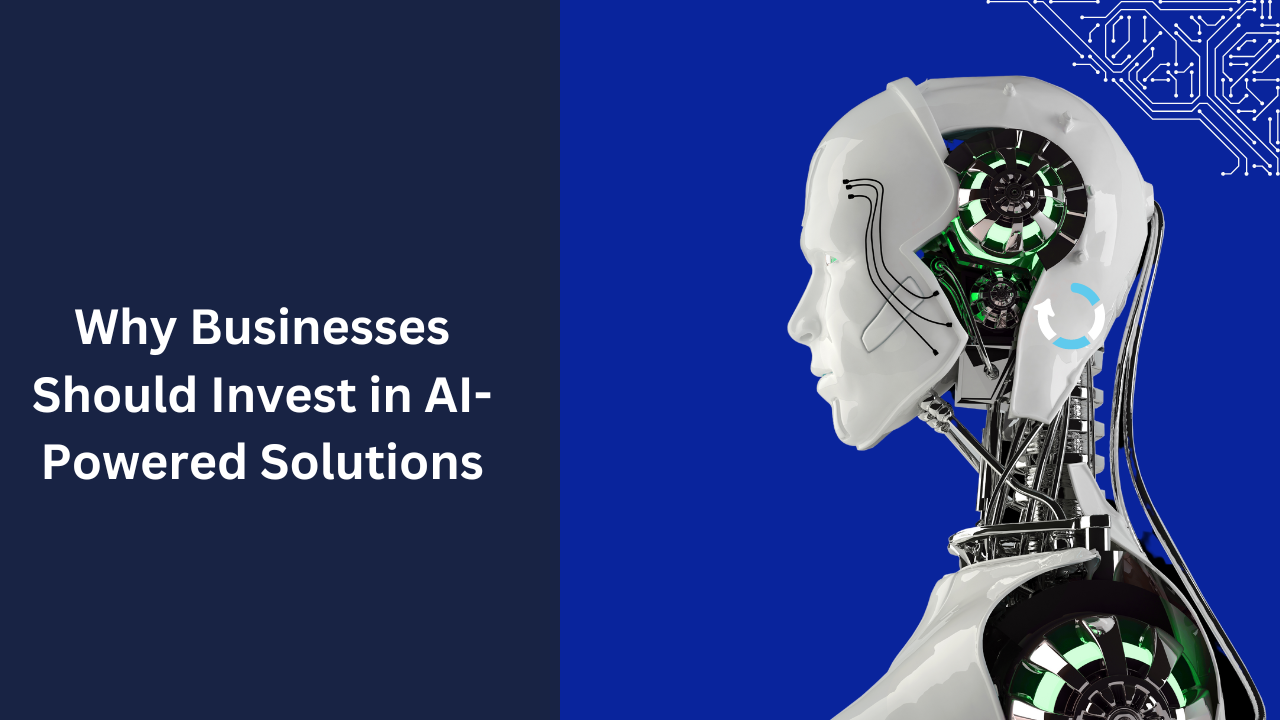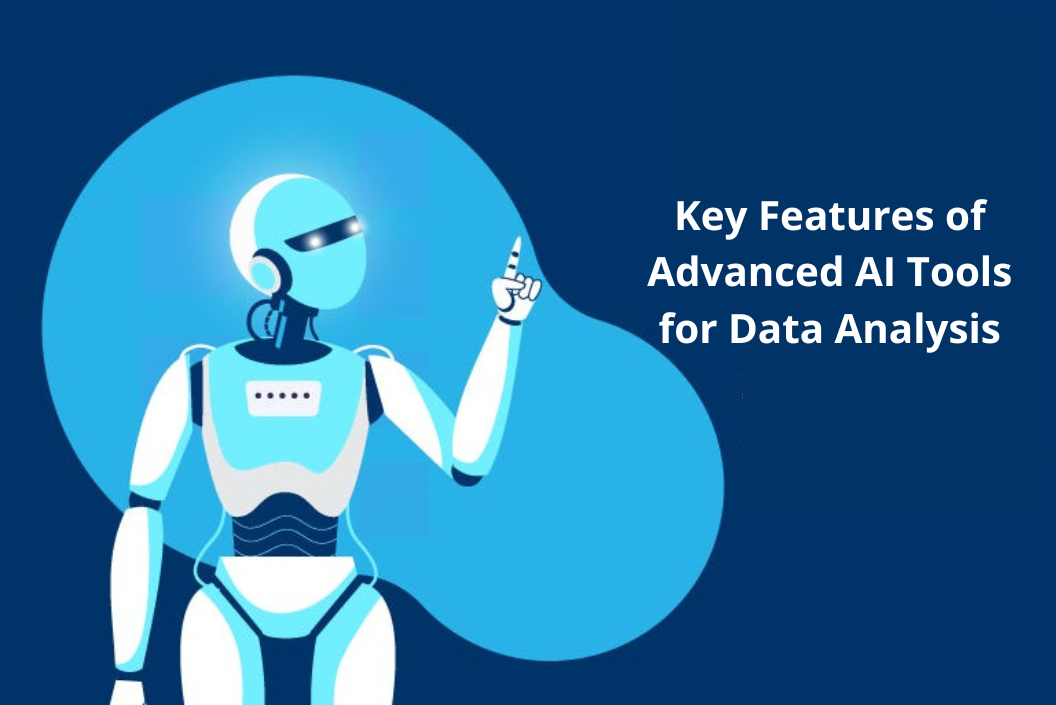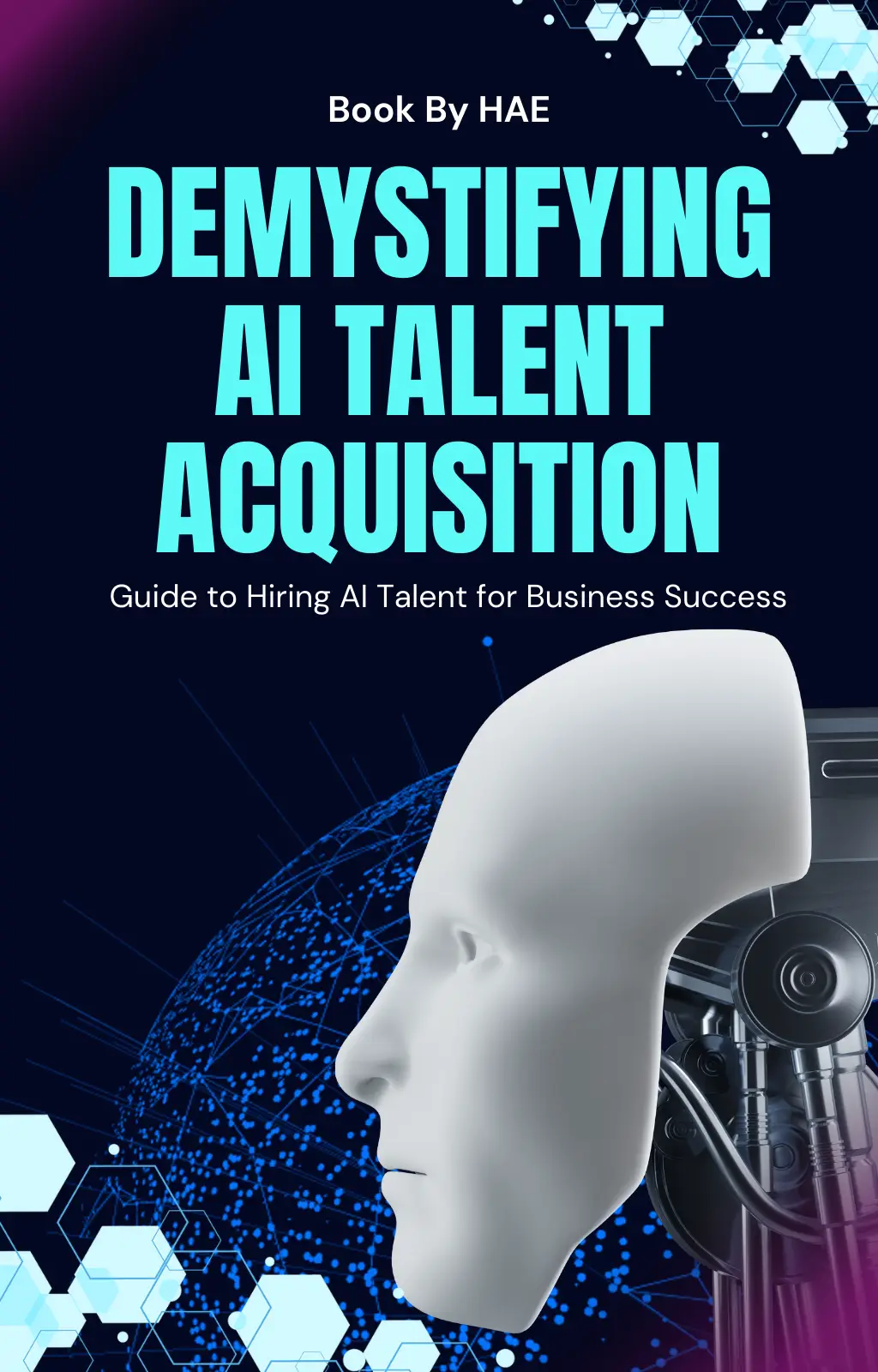In today’s digital-first world, businesses across industries are embracing AI tools to accelerate their digital transformation journey. AI technologies are reshaping how organisations operate, interact with customers, and make decisions, pushing the boundaries of what is possible with data, automation, and real-time insights. From predictive analytics to machine learning, the integration of AI-driven insights into core business processes is the key to thriving in the competitive landscape of 2024-2025.
What is Digital Transformation?
Digital transformation refers to the integration of digital technology into all areas of business, fundamentally changing how organisations deliver value to customers. It is not just about adopting new technologies, but also about transforming business models, enhancing customer experiences, and improving operational efficiency.
One of the most impactful drivers of digital transformation is artificial intelligence (AI). By leveraging AI-powered solutions, companies can automate complex tasks, gain actionable insights from data, and create more personalised customer experiences.
Key Benefits of AI in Digital Transformation
1. Enhancing Decision-Making with AI-Driven Insights
AI enables businesses to make better, data-backed decisions through advanced predictive analytics. By using AI tools such as machine learning and deep learning, organisations can identify trends, predict outcomes, and adjust strategies in real-time, enhancing their agility in fast-paced markets.
- IBM Watson: A leading AI platform, IBM Watson provides advanced analytics and cognitive capabilities that help businesses harness the power of their data for decision-making and strategic planning.
2. Automating Processes for Increased Efficiency
One of the core advantages of AI is its ability to automate repetitive and labour-intensive tasks. AI for automation helps businesses streamline operations, improve accuracy, and reduce manual workloads, leading to cost savings and faster execution.
- Automation Anywhere: This platform allows companies to deploy robotic process automation (RPA) bots that can perform a wide range of tasks, from data entry to customer service, with minimal human intervention.
3. Personalising Customer Experiences
AI helps businesses personalise the customer journey, tailoring marketing efforts, product recommendations, and customer support based on individual preferences and behaviours. This leads to higher engagement, better customer retention, and increased sales.
- Adobe Sensei: Adobe’s AI and machine learning framework powers personalisation and customer experience management, helping businesses deliver highly relevant content to their audiences.
4. Optimising Operations Through Predictive Maintenance
For businesses in manufacturing, logistics, and other operationally intensive industries, AI tools can significantly enhance operations through predictive maintenance. By using AI algorithms to monitor equipment performance, companies can predict potential failures and schedule maintenance before issues arise, reducing downtime and costs.
- Uptake: Uptake is an AI-driven platform that provides industrial data insights to help businesses optimise asset performance and ensure operational efficiency.
How AI Empowers Digital Transformation in Various Sectors
1. AI in Retail
Retailers are using AI to analyse consumer behaviour, predict demand, and optimise inventory management. Through AI-powered recommendation systems, retailers can offer personalised product suggestions, improving customer satisfaction and increasing sales. Find out the AI tools help you in decision making.
- Amazon Personalize: This AI service allows businesses to build personalised experiences for users by analysing their behaviour, preferences, and real-time interactions.
2. AI in Healthcare
In healthcare, AI is revolutionising patient care by enabling faster and more accurate diagnostics, improving treatment outcomes, and enhancing operational efficiency. AI-driven predictive analytics help hospitals and healthcare providers optimise resource allocation and patient management. With guidance you can effectively use AI tools to enhance work process in healthcare.
- Google Health AI: Google’s AI research team is working on solutions to assist clinicians in diagnosing diseases and predicting patient outcomes, improving the overall quality of healthcare delivery.
3. AI in Financial Services
Financial institutions are leveraging AI to enhance fraud detection, risk management, and customer service. AI-powered chatbots and virtual assistants are improving customer experience by providing instant, accurate responses to common queries. You may get the benefit of AI tools for risk management in finance.
- Kasisto: Kasisto’s AI platform powers banking chatbots that provide real-time support, perform transactions, and deliver personalised financial advice, helping banks improve customer engagement.
The Role of AI in Driving Business Agility
The integration of AI into business processes offers unprecedented levels of agility. With AI-powered tools, businesses can quickly adapt to changing market conditions, customer preferences, and emerging technologies. AI enables organisations to continuously optimise their operations, ensuring that they remain competitive in an increasingly digital landscape.
1. Scalability of AI Solutions
AI tools are scalable and adaptable, allowing businesses to grow without significant increases in operational costs. This makes AI an ideal solution for companies of all sizes, including small businesses looking to expand their digital capabilities.
2. Real-Time Insights
AI systems can process and analyse data in real-time, providing businesses with immediate insights into market trends, customer behaviour, and operational performance. This allows companies to make quick adjustments to their strategies, improving responsiveness and competitiveness.
Challenges of AI-Powered Digital Transformation
While the benefits of AI in digital transformation are clear, businesses may face several challenges in implementing these solutions effectively.
1. Data Management
AI tools require vast amounts of data to function efficiently. Businesses must have robust data management systems in place to ensure that their AI solutions deliver accurate and actionable insights. Additionally, the quality of the data is critical—AI can only provide valuable insights if the data it processes is clean and reliable.
2. Skills Gap
As businesses adopt AI technologies, they often encounter a shortage of skilled professionals who can manage and implement these systems. Companies may need to invest in training or hire specialists to bridge the gap between AI technology and its effective use.
If your business is ready to explore AI-driven digital transformation, book a consultation here to discover how AI can enhance your strategy.
Conclusion: Embracing AI for a Successful Digital Transformation
In 2024-2025, businesses that successfully leverage AI tools for digital transformation will be better equipped to navigate the challenges of an increasingly digital economy. By enhancing decision-making, automating processes, personalising customer experiences, and optimising operations, AI empowers businesses to remain agile, innovative, and competitive.
From retail to healthcare, and from financial services to logistics, AI is becoming an essential tool in the digital transformation toolkit. The key to success lies in understanding how AI can align with your business objectives, identifying the right tools for your needs, and investing in the necessary infrastructure and skills to support AI-driven growth.

